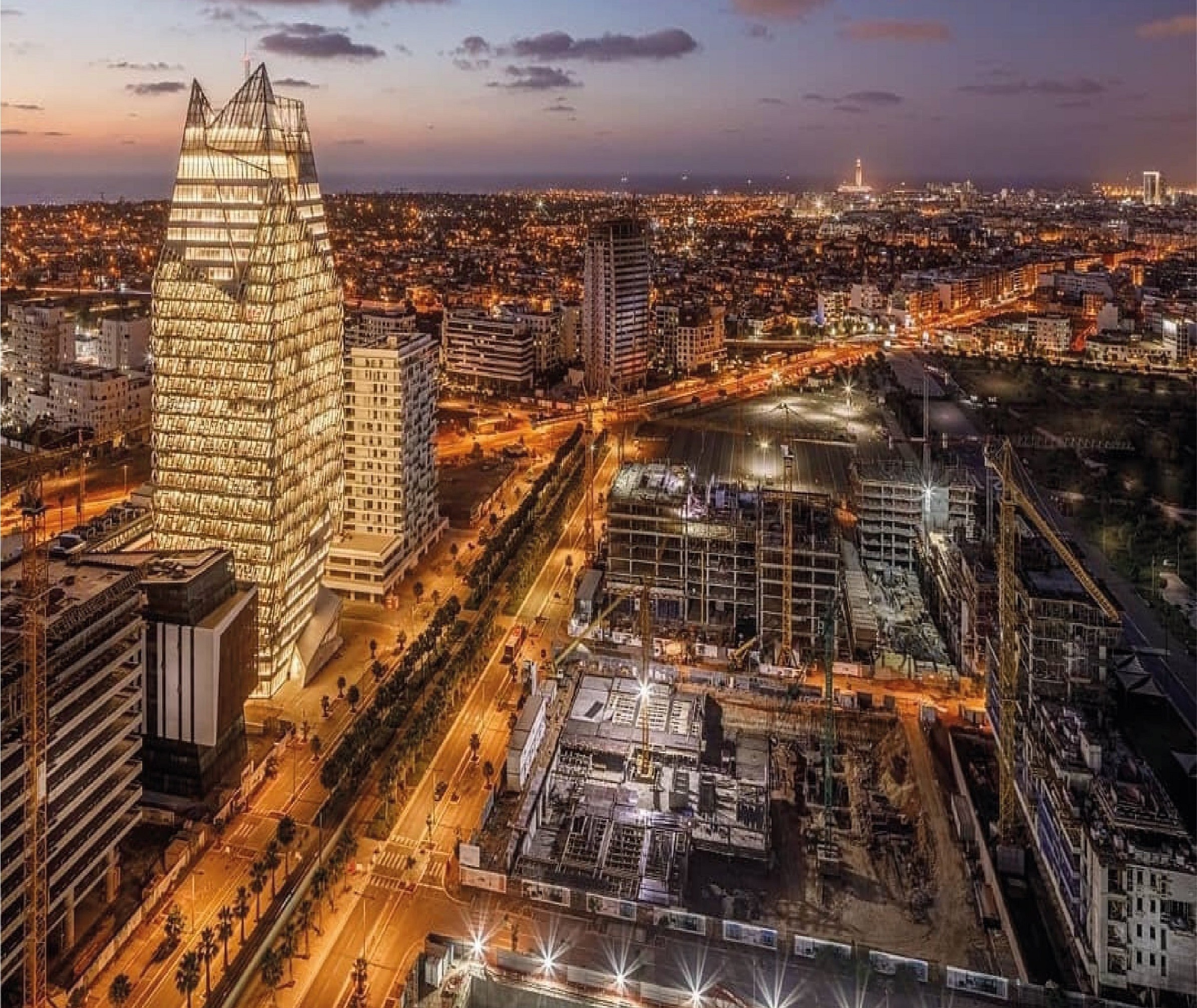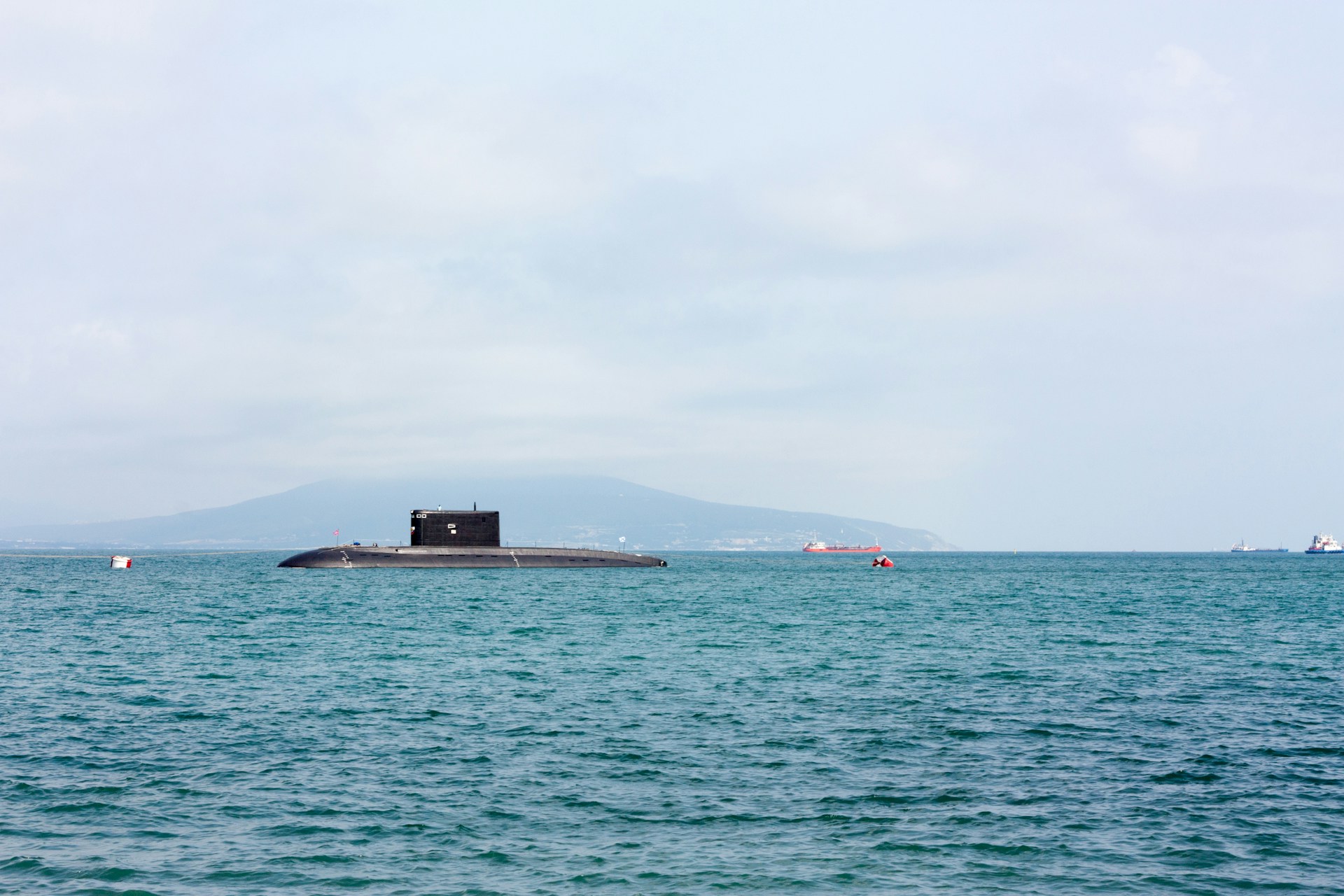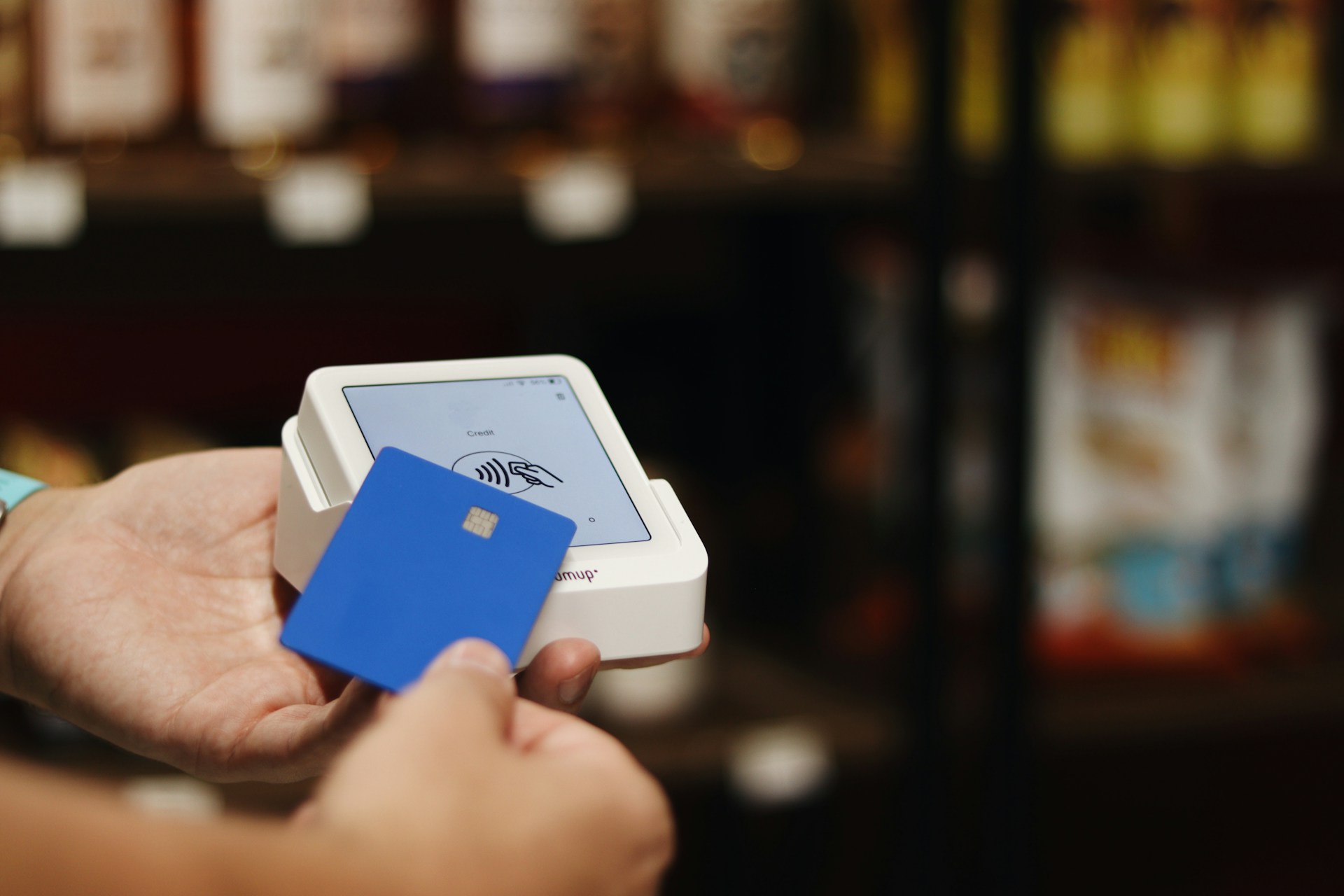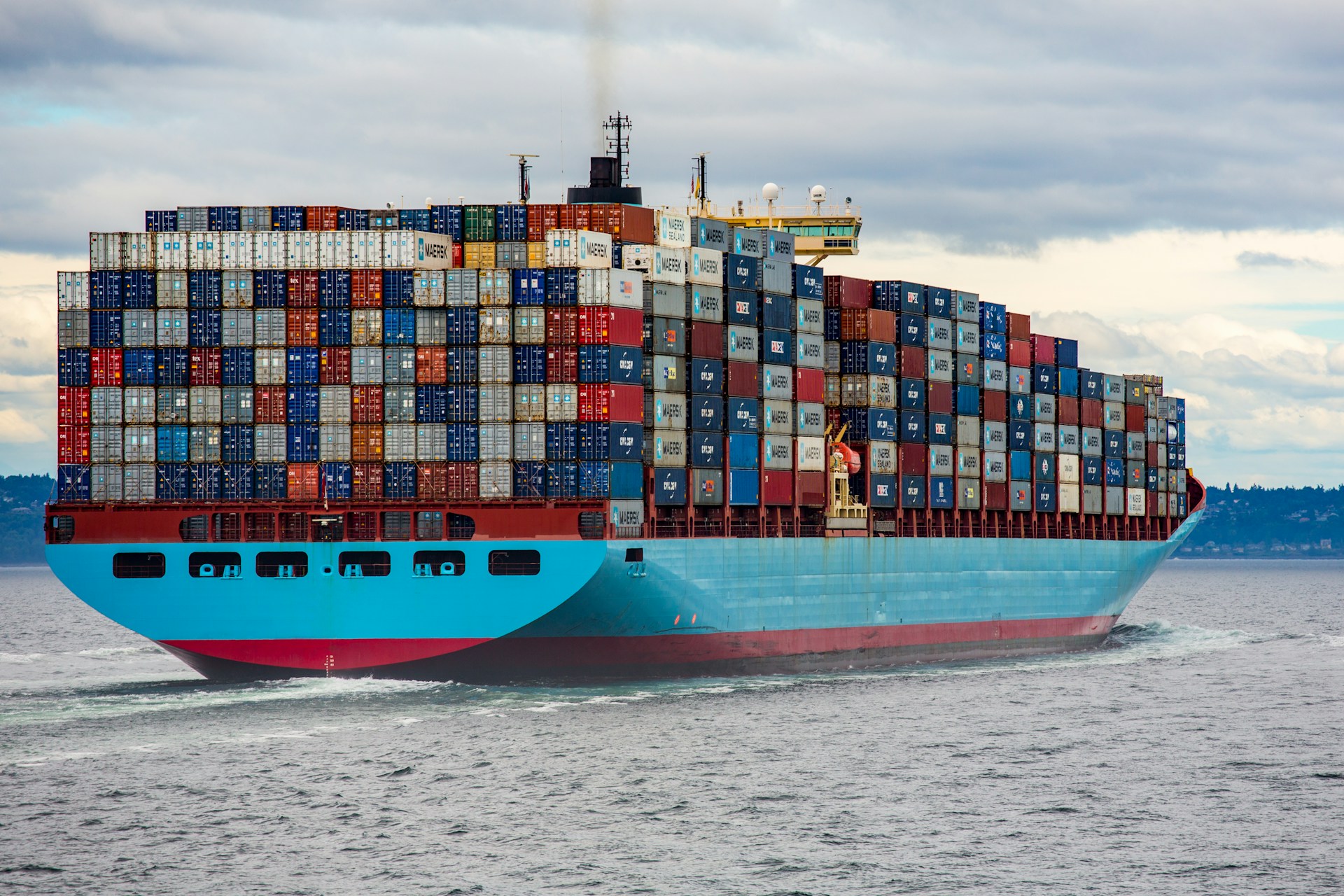Casablanca – Morocco is witnessing a major shift in its electronic payments sector, as the longstanding near-monopoly of the Interbank Electronic Banking Center (CMI) comes to an end. Starting May 1, 2025, subsidiaries of the banks that own stakes in the CMI gained official authorization to directly manage merchant acquiring activities, marking a key milestone in introducing competition to the market.
Breaking the monopoly
For years, the CMI has dominated Morocco’s card payment acquiring services, effectively controlling the majority of merchant contracts and payment terminals across the country. However, this situation raised concerns about limited market competition, hindering innovation and choice for merchants and consumers.
The Moroccan Competition Council intervened following a formal complaint by the payment service provider Naps. In October 2024, the Council issued a decision requiring the CMI and its shareholder banks to open the market to other operators and adhere to a series of behavioral and structural reforms aimed at fostering fair competition.
Key commitments and transition timeline
Under the Council’s decision, the CMI committed to:
- Transfer approximately 55,000 merchant contracts and 65,000 payment terminals to authorized payment institutions within twelve months.
- Halt signing new merchant contracts from November 1, 2024, ensuring no further expansion of its acquiring client base.
- Convert its operations into a neutral technical platform providing payment processing services accessible on equal terms to all licensed payment providers.
- Comply with competition laws and guarantee transparency, non-discrimination, and fairness in service fees and conditions.
- Maintain uninterrupted service and security standards throughout the transition.
Additionally, shareholder banks pledged to ensure the operational independence of their acquiring subsidiaries and to avoid conflicts of interest by not directly marketing acquiring offers, allowing merchants freedom of choice.
Market players and current status
Since the market opened in May, six new acquiring entities linked to major Moroccan banks—including Attijariwafa Bank, CIH Bank, Banque Populaire (BCP), Bank of Africa, and Crédit Agricole—have completed their technical integration with the CMI platform. These entities are prepared to offer acquiring services but have yet to finalize merchant contracts, partly due to pending certifications with Visa and Mastercard.
Independent operators such as Naps and VPS, as well as banks outside the CMI shareholder group like Al Barid Bank, had already begun servicing merchants prior to the formal opening.
A scheduled conference in late May 2025 is expected to clarify timelines and announce forthcoming commercial launches.
Oversight by the competition council
On May 13, 2025, the Competition Council held a progress review meeting with representatives from Bank Al-Maghrib, the CMI, its shareholder banks, and licensed payment providers. The Council praised the commitment and progress made in implementing the mandated reforms.
Reviewing the first semi-annual report from November 2024 to April 2025, the Council noted that the majority of obligations had been met and that the CMI is evolving into a neutral platform facilitating a more competitive acquiring market.
The Council also highlighted the smooth management of the transition from a single acquirer to a multi-acquirer model without disrupting services or compromising security.
Toward a more competitive and inclusive ecosystem
These reforms are part of Morocco’s broader strategy to modernize its digital payments ecosystem, aligning it with international best practices. By introducing competition, authorities expect improved service quality, better pricing, and increased innovation, benefiting merchants of all sizes and consumers.
Moreover, expanding acquiring options is expected to support financial inclusion by making electronic payments more accessible across diverse market segments.
In parallel with these reforms, the CMI recently launched a multi-currency payment solution for Moroccan e-commerce platforms in partnership with Global Blue, signaling further efforts to enhance the country’s digital payment infrastructure.
Looking ahead
While challenges remain—especially in completing technical integrations and activating commercial operations for new players—the overall outlook is positive. The Competition Council has committed to ongoing monitoring and enforcement to ensure the timely fulfillment of all commitments by the November 1, 2025 deadline.
By then, Morocco’s electronic payments market is expected to be significantly more open, competitive, and innovative, fostering a healthier ecosystem for merchants and consumers alike.
















